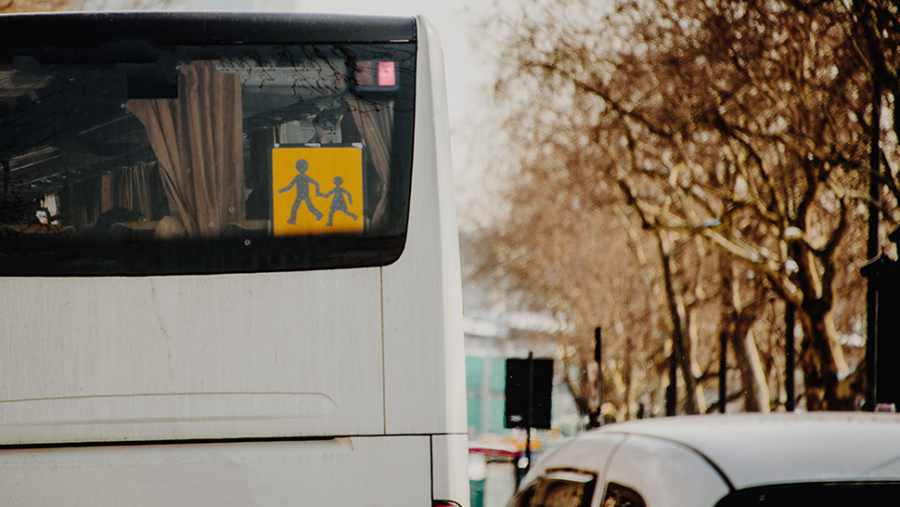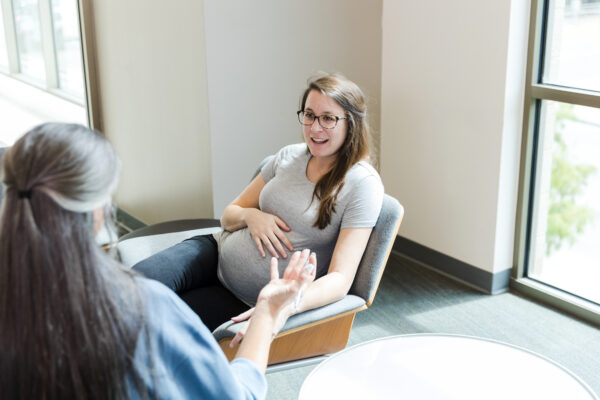

The Department for Education (DfE) has published new guidance Dedicated transport to schools and colleges COVID-19 operational guidance which comes into force from Step 4 of the government’s roadmap out of the Covid-19 pandemic.
The guidance, which is non-statutory, replaces the school transport guidance issued on 11 August 2020 and applies to all dedicated transport, free or paid-for, including transport commissioned or provided by local authorities, schools and colleges, as well as commercial travel routes that cannot be used by members of the public when they are carrying children and young people to school or college.
The aim of the guidance is to set out the actions which those responsible for the provision of dedicated transport should take to reduce the risk of transmission of Covid-19. This includes public health advice endorsed by Public Health England (PHE).
The updated guidance
The key updates from 19 July 2021 are:
- Schools and colleges will no longer be advised that it is necessary to keep children and young people in consistent groups or bubbles or be responsible for tracing close contacts of those who test positive for Covid-19
- Face coverings will no longer be a legal requirement on public transport (but it is expected and recommended that they are worn in enclosed and crowded spaces where you may meet people you don’t normally meet)
- On dedicated transport those aged 11 and over are recommended to continue to wear a face covering when travelling to secondary school or college, but it is no longer recommended to maximise distancing and minimise mixing, although unnecessary risks such as overcrowding should be minimised.
In addition, from 16 August 2021 under 18s will no longer be required to self-isolate if they are contacted by NHS Test and Trace as a close contact of a positive Covid-19 case. They will be advised instead to take a PCR test.
18-year-olds will be treated in the same way as children until four months after their 18th birthday, to allow them the opportunity to get fully vaccinated. After the four-month period has passed they will be subject to the same rules as adults and so, if they choose not to get vaccinated, they will need to self-isolate if identified as a close contact.
Risk assessment and control measures
Under the guidance, those responsible for the provision of transport must implement proportionate control measures, working with schools, colleges and transport operators as necessary and risk assessments must be regularly reviewed and updated as PHE guidance changes.
Control measures include:
- Children and young people aged 11 and over should wear a face covering when travelling on dedicated transport to secondary school or college.
- Ensure good hygiene through frequent and thorough hand cleaning, the ‘catch it, bin it, kill it’ approach, and use of personal protection equipment where appropriate.
- Implement and maintain a cleaning schedule focusing on frequently touched surfaces.
- Keep vehicles well ventilated when occupied, whilst balancing the need for increased ventilation with a comfortable temperature.
- Follow public health advice on testing, self-isolation and managing confirmed cases of Covid-19 to ensure that, when an individual develops Covid-19 symptoms or has a positive test, they should not board dedicated transport or public transport if they have symptoms or other reasons requiring them to stay at home.
Practical steps
Maintained schools and academies which provide dedicated transport for pupils should review their risk assessments and control measures to ensure that all steps are being taken to limit to transmission of Covid-19 and comply with government guidance.










